PHUKET: Fresh raids overnight on people traffickers' camps near the Thai-Malaysia border scattered hundreds of captives into the jungle as the push to clean up Thailand's flesh trade continued.
Only 151 people - mostly Rohingya - were taken into custody by the Thai Army. Others fled. One raided traffickers' camp, largest in the region, was expected to contain 800 people.
Captives are held in secret in Thailand and beaten until relatives or friends provide the price for smuggling them into Malaysia. If the fee is not paid, the men and boys are sold to fishing trawlers.
The scale of the nightmare trade has been exposed in a series of raids this week that have netted close to 1000 men, women and childen and at least eight alleged traffickers.
The number of women and children involved as innocent victims should alarm policymakers in Thailand, as well as UN and US officials and NGOs.
It could even disturb the Asean governments that have pandered to Burma's racist policies and allowed this iniquitous trade in human flesh to grow and flourish, to the benefit of the region's slavers.
Several local border politicians have already been implicated in the series of raids around the Pedang Besar region of Thailand's Songkhla province.
Long-standing allegations that local Thai police and Immigration officials take their cut from the people smugglers are now likely to be properly investigated for the first time.
It's believed that this week's raids have been triggered after months of planning by the Army on information provided by people who have seen and in some cases experienced the smuggling and the slavery at first hand.
The exposure of the shocking nature of the trade in Thailand comes as the UN noted the increasing number of Rohingya being forced to flee by sea from persecution and deprivation in Burma's Rakhine state.
According to UNHCR officials in Geneva, about 2000 Rohingya fled by boat in the first week of January.
Other organisations have noted the huge increase in Rohingya catching boats south because of the hopelessness of being torched from their homes since June and their uncertain future in displaced persons' camps.
Many of the boatpeople pay people smugglers for their passage then pay traffickers again on landing in Thailand or Malaysia.
With 366 Rohingya ''rescued'' in the first raid and 307 in the second, scores of women and children are now being housed in a refuge in Songkhla, with the men crowding cells at the local Immigration centre and surrounding police stations.
Exposure of the evil racket may even force Thailand to recognise the part officials are playing in the covert flesh trade and do something to end it.
A real solution, however, lies within Burma where the government's racist policies remain in place and where ethnic cleansing of the stateless Rohingya continues to shame Asean and individual governments throughout the entire region.

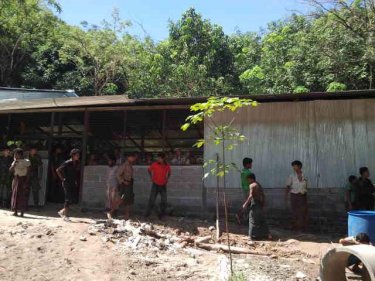
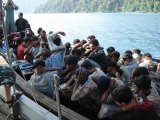
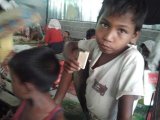

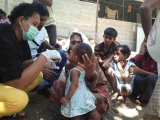
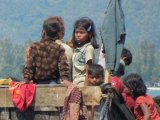
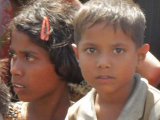
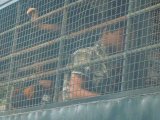
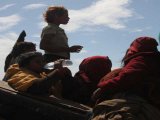
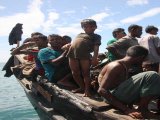
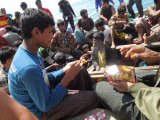

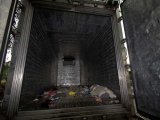



words fail me...what animals man has become....I am about to start a home for rescued and orphaned children here in Ghana - then will spread throughout Asia Goid willing. Wish I could do it much faster to help these poor people.
Posted by iRENE on January 13, 2013 22:39